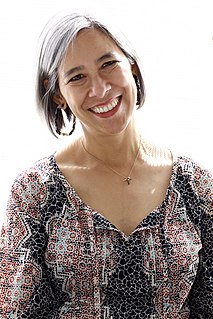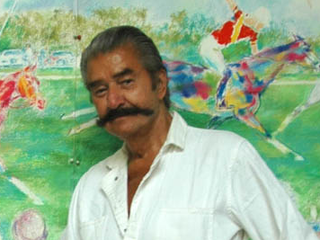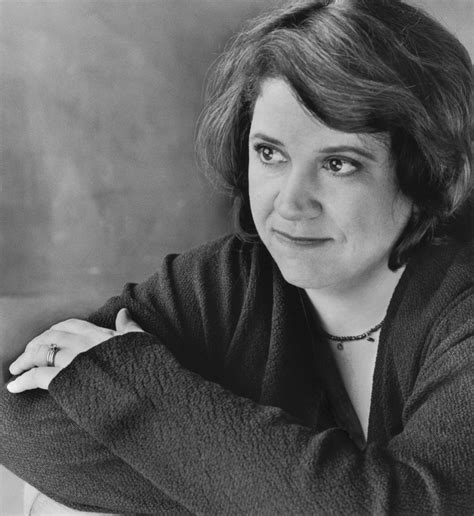A Quote by Muriel Spark
[My novel] took up the sweetest part of my mind and the rarest part of my imagination; it was like being in love and better. All day long when I was busy [...], I had my unfinished novel personified almost as a secret companion and accomplice following me like a shadow wherever I went, whatever I did.
Related Quotes
I was a lot dumber when I was writing the novel. I felt like worse of a writer because I wrote many of the short stories in one sitting or over maybe three days, and they didn't change that much. There weren't many, many drafts. That made me feel semi-brilliant and part of a magical process. Writing the novel wasn't like that. I would come home every day from my office and say, "Well, I still really like the story, I just wish it was better written." At that point, I didn't realize I was writing a first draft. And the first draft was the hardest part.
It's very bad to write a novel by act of will. I can do a book of nonfiction work that way - just sign the contract and do the book because, provided the topic has some meaning for me, I know I can do it. But a novel is different. A novel is more like falling in love. You don't say, 'I'm going to fall in love next Tuesday, I'm going to begin my novel.' The novel has to come to you. It has to feel just like love.
Anthropological fieldwork is so much like writing a novel. Granted, you don't have the physical disruption and disorientation, but writing a novel is like entering a new culture. You don't know what the hell is going on. And every day you feel like you have nothing, you're going nowhere. Or you feel that first it's going somewhere, but then you get into that horrible middle part.
If I can give a young author any advice, whatsoever, never let anyone announce the film sale of your first novel. Film rights are sold to almost every novel, but it shouldn't be the lead story in your first engagement with the press. Then you end up getting reviews like "a novel made for the screen" and things like that.
For so long, it was just my secret. It burned inside me, and I felt like I was carrying something important, something that made me who I was and made me different from everybody else. I took it with me everywhere, and there was never a moment when I wasn't aware of it. It was like I was totally awake, like I could feel every nerve ending in my body. Sometimes my skin would almost hurt from the force of it, that's how strong it was. Like my whole body was buzzing or something. I felt almost, I don't know, noble, like a medieval knight or something, carrying this secret love around with me.
To my mind, faith is like being in the sun. When you are in the sun, can you avoid creating a shadow? Can you shake that area of darkness that clings to you, always shaped like you, as if constantly to remind you of yourself? You can’t. This shadow is doubt. And it goes wherever you go as long as you stay in the sun. And who wouldn’t want to be in the sun?







































